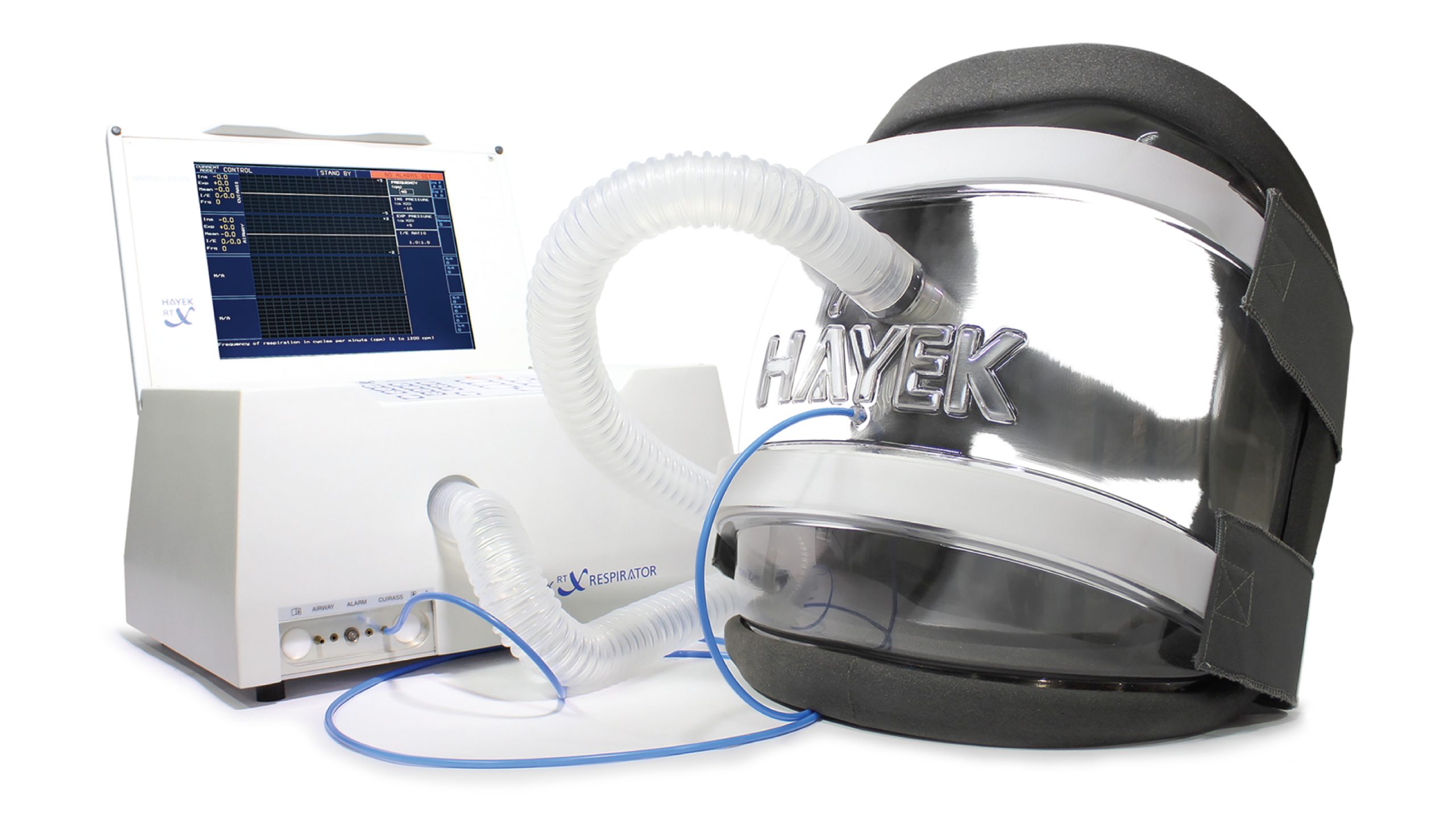Chest physiotherapy is important because it helps to prevent the thick, sticky lung secretions from blocking the air tubes This helps to reduce infection and prevent lung damage. The length of treatment sessions varies according to need. If there are few or no secretions, treatment sessions may only need to last 10-15 minutes. However, it could take as long as 45-60 minutes if there are many secretions to be cleared. The number of treatment sessions should be varied Most people do two a day when all is well, increasing to four a day when necessary. If no secretions are present, some people with CF only need treatment once a day.


